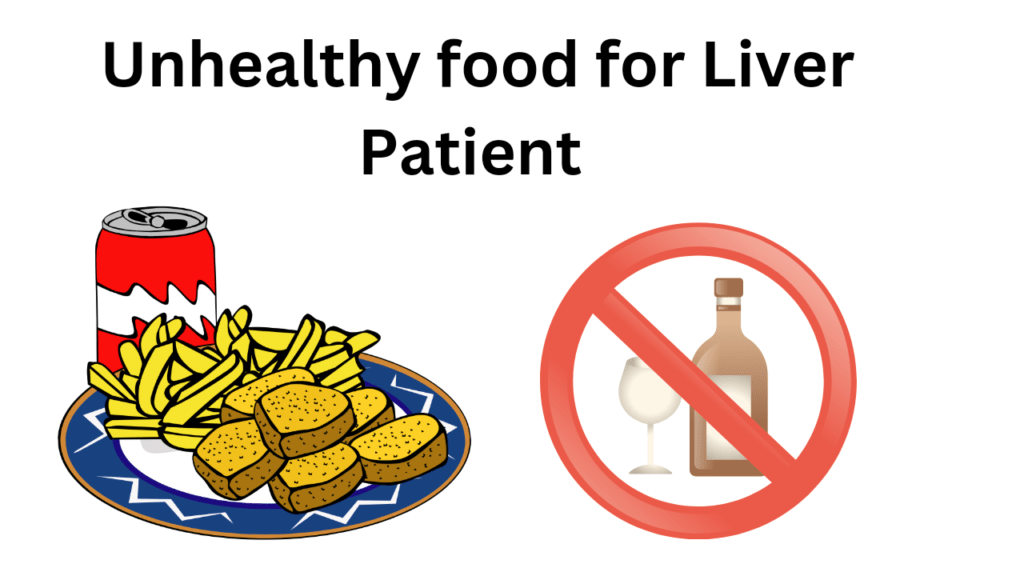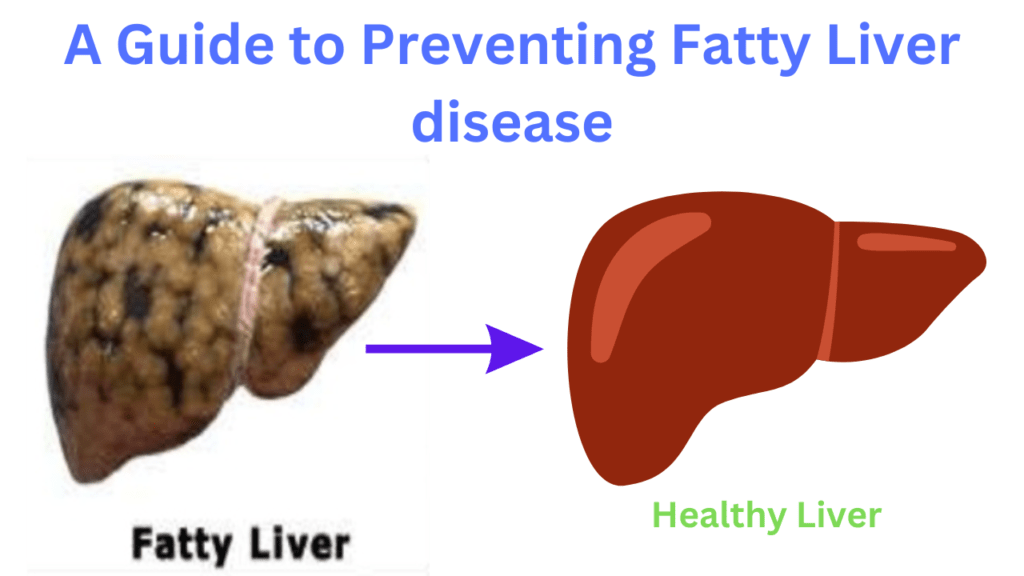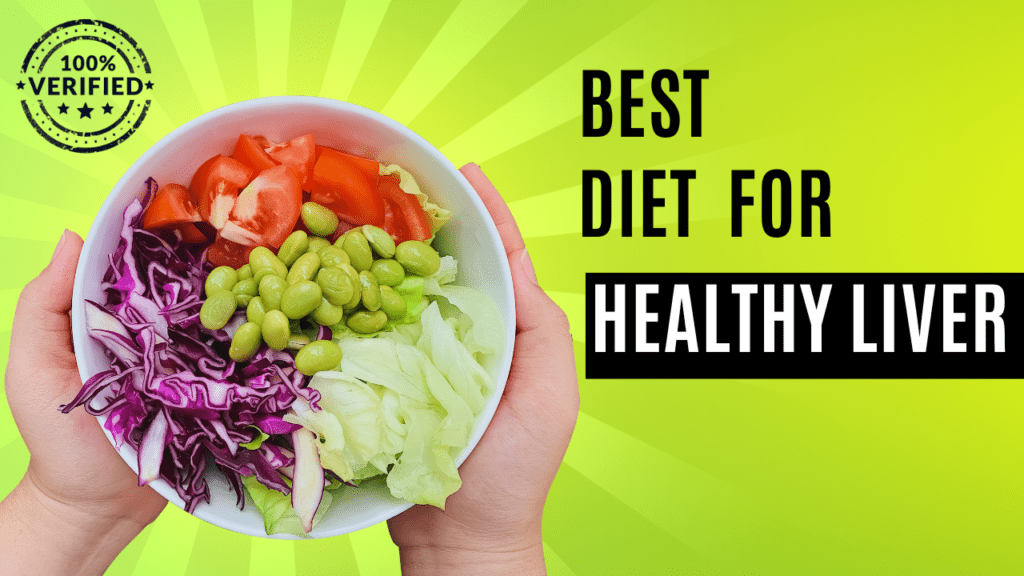Fatty liver disease has become a growing concern in recent years, affecting millions of people worldwide. It is closely linked to unhealthy dietary choices, particularly the consumption of “bad” fats.
However, by changes and adopting a healthy approach to nutrition, you can protect your liver and prevent the onset of fatty liver disease.
Understanding Fatty Liver Disease
Fatty liver disease occurs when excessive fat accumulates in the liver cells, impairing its normal functioning. There are two main types of fatty liver disease:
- Alcoholic fatty liver disease (AFLD)
- Non-alcoholic fatty liver disease (NAFLD)
Excessive alcohol consumption is the primary cause of AFLD while NAFLD is associated with factors such as obesity, insulin resistance, high cholesterol, and unhealthy dietary habits.
The Role of Bad Fats
Bad fats, also known as saturated and trans . They have a detrimental effect on liver health.

They are commonly found in fried foods, processed snacks, fatty cuts of meat, full-fat dairy products, and hydrogenated oils.
These fats not only contribute to weight gain but also promote inflammation, insulin resistance, and the accumulation of fat in the liver.
By reducing the intake of it you can significantly lower the risk of developing fatty liver disease.
Embracing Healthy Fats
Healthy fats provide essential nutrients and support liver health. Incorporating foods rich in mono-unsaturated and polyunsaturated fats into your diet can have a positive impact on your liver.
Avocados, nuts, seeds, olive oil, fatty fish (like salmon and mackerel), and flaxseed are excellent sources of healthy fats.
These fats help reduce inflammation, improve insulin sensitivity, and promote liver function.
Balanced Diet for a Healthy Liver
Adopting a balanced and nutritious diet is the important for preventing fatty liver disease.
Be mindful of portion sizes, and aim for regular, well-balanced meals to support optimal liver function.
The Power of Exercise
Regular physical activity plays a vital role in maintaining a healthy liver. Engaging in aerobic exercises, strength training, or activities like brisk walking or swimming can help reduce liver fat and improve insulin sensitivity.
Aim for at least 150 minutes of moderate-intensity exercise each week, and find activities you enjoy to stay motivated and consistent.
Maintaining a Healthy Weight
Obesity is a significant risk factor for fatty liver disease. By maintaining a healthy weight through a balanced diet and regular exercise.
Gradual weight loss, if necessary, can have a positive impact on liver health.
Conclusion
Preventing fatty liver disease requires a holistic approach that involves making conscious choices about nutrition, exercise, and overall lifestyle.
By minimizing the consumption of bad fats, embracing healthy fats, maintaining a balanced diet, engaging in regular physical activity, and staying vigilant with health check-ups, you can protect your liver and reduce the risk of fatty liver disease.
Remember, a healthy liver paves the way for overall well-being and vitality. Start making positive changes today for a healthier future.

